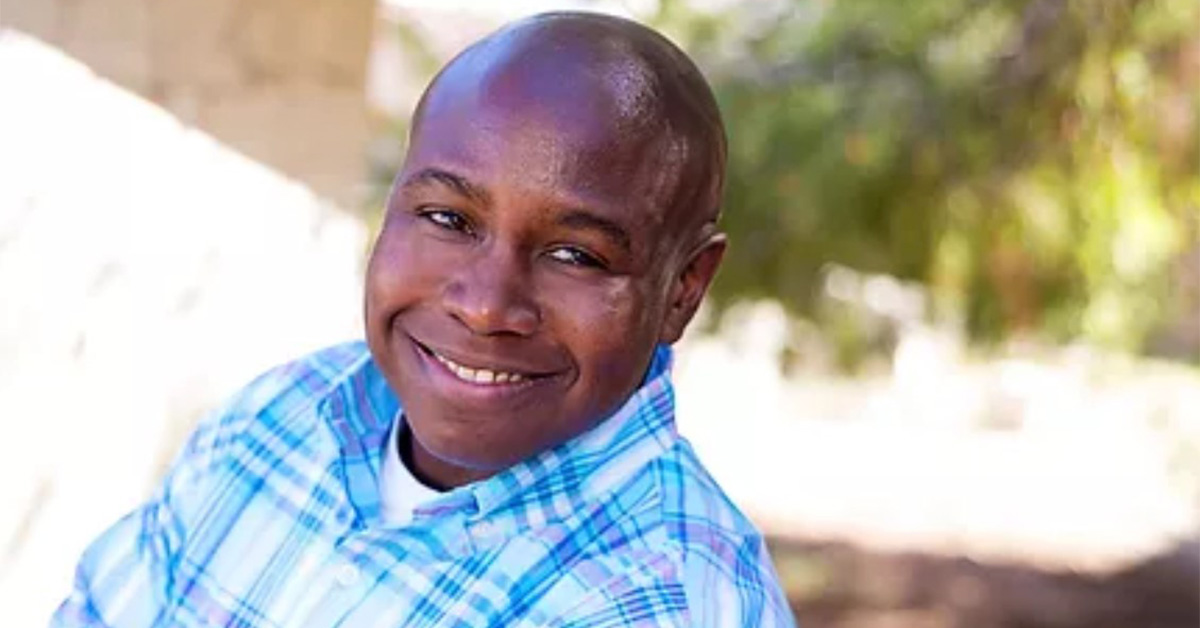A Lifeline for Transmen of Color

Shawn Aaron, founder of Dem Bois Inc.
For Shawn Aaron, founder of Horizons’ grantee partner Dem Bois Inc., giving back to his community is a responsibility not taken lightly. “I’ve made it my mission to help folks. I won’t say no. I can’t say no. I know what it feels like to be in that position.”
After Aaron, a trans-masculine individual, began his medical transition in 2013, he recognized his privilege to have access to affordable and quality transitional surgeries. He vowed to give other trans individuals the same chance. Three years later, he founded Dem Bois Inc., an organization that funds gender-affirming surgery for female to male (FTM) trans-masculine people of color to help them live fulfilled, authentic lives.
In November 2021, Aaron was introduced to an individual who had canceled their surgery multiple times because they couldn’t afford it. They had a new surgery date scheduled in two weeks.
“We don’t normally move that fast,” Aaron said, “but listening to them and hearing their story, that desperation, and just knowing how that feels when you just really want to authentically be who you are, physically,” Aaron knew he had to help. Dem Bois Inc. provided funding for the individual’s surgery.
“They were very emotional,” Aaron said. “We still talk actually, they just sent me a text message and they were just very appreciative. They said thank you and asked, “Did I show you photos of my healing process?””
According to the 2015 U.S. Transgender Survey, more than half of respondents (55%) who sought coverage for transition-related surgery in the past year were denied. Dem Bois Inc.’s goal is to help remove the economic barriers preventing transmen of color, people who are often the furthest at the margins, to access transition-related care.
Dem Bois Inc. currently funds gender-affirming surgery for one to two individuals every year. The organization hopes to increase this number to four or five per year, with the help of their very first grant through Horizons’ Community Issues program, whose recently updated priorities align well with the organization’s work.
“It’s do or die” for those in need of gender affirming surgery, Aaron said. “This is how I’m going to [be able to] live, this is going to prevent me from having suicidal thoughts.”
At the core of Dem Bois Inc.’s model is a recognition that self-care and the ability to live authentically are intrinsically linked to the ability to thrive as trans-identified people of color. “2020 magnified the many ways in which our current systems and institutions have catastrophically failed at providing initial and sustainable support for trans folks, and all those who live with multiple marginalized identities,” Aaron said. In response to the pandemic, Aaron and Dem Bois Inc. started a care package program for trans people of color.
“I used to be homeless,” Aaron said, “I was homeless for two and a half years and I wasn’t able to take a shower, I wasn’t able to brush my teeth, I wasn’t able to comb my hair.” Bay Area born and raised, Aaron was put out of his home at eighteen when he began expressing his gender. “Having gender affirming surgery is important, but if you don’t have your basic needs met none of that other stuff even matters,” Aaron explained.
Aaron personally curates the care packages, packing them with over eighteen items, including healing creams and patches, towels, and aromatherapy items. So far, Dem Bois Inc. has sent over 150 packages all over the country, including to trans-identified folks who are incarcerated. ”It feels good to be able to provide that to somebody to help with their immediate needs,” Aaron said.
Dem Bois Inc. is providing lifesaving care, but not without struggle: In the nonprofit world, “Black trans BIPOC organizations are left out… We’re going to talk about the L, the G, and the B, but the T is all the way at the end, so it’s like we get the leftovers, we get less attention. [It’s] hard to manage and navigate.”
But Aaron is determined to make change. “We are changing the entire ecosystem,” he said. “We believe that the first step in that direction starts with the ability for people to live authentically within their own bodies, regardless of access to economic resources.”


